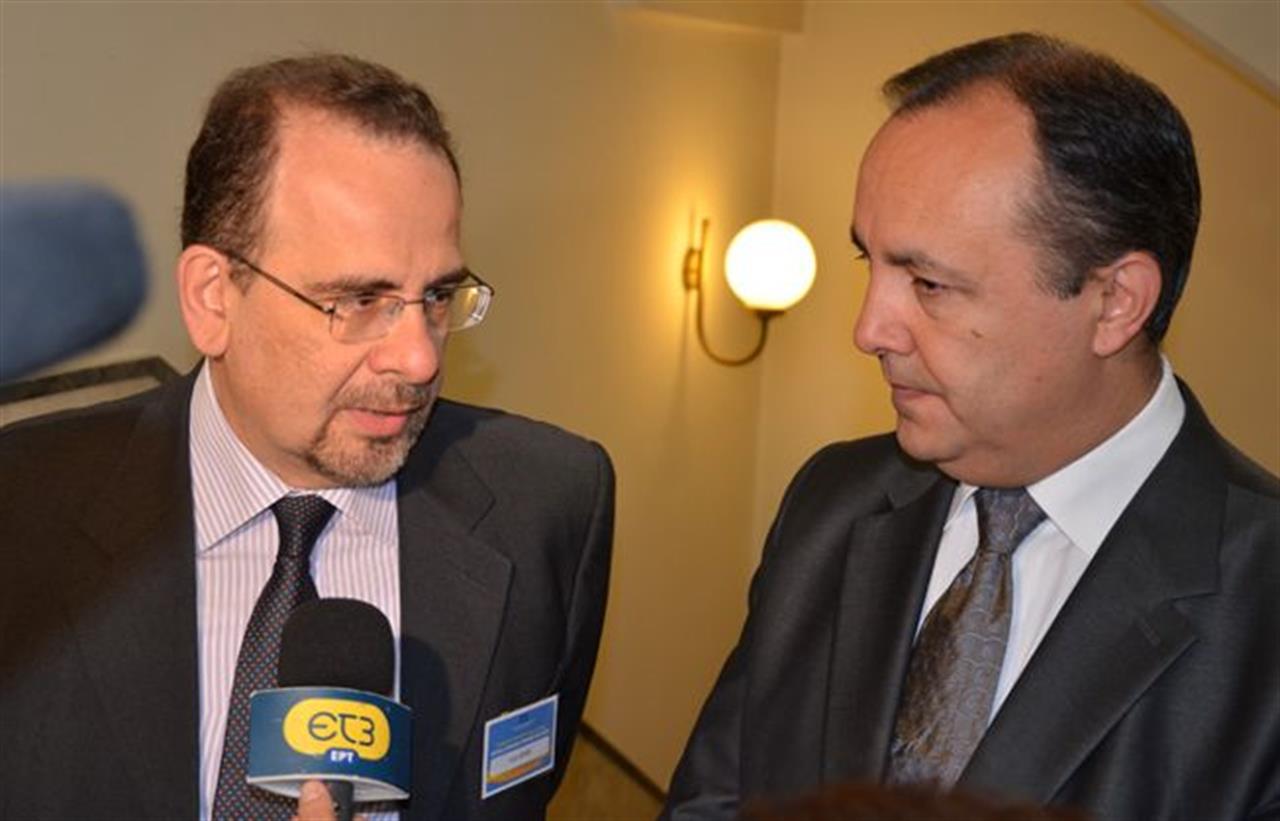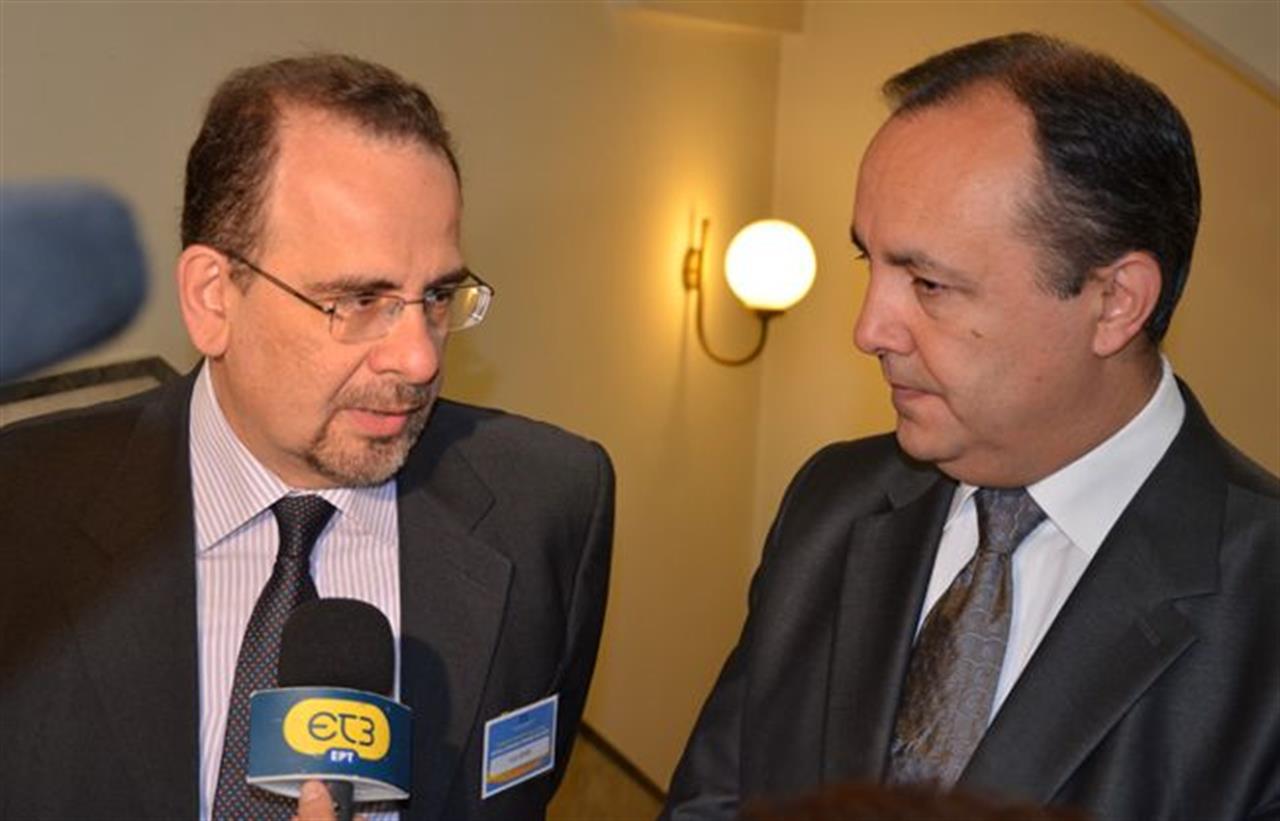
On 31 May, the Various Interests Group of the European Economic and Social Committee (EESC) organised the conference, “The Impact of the Crisis on Greek Citizens: moving forward towards recovery”, in Thessaloniki.
The event brought together approximately 100 participants, including 30 members of the EESC and Greek representatives, who over the course of the day debated how the crisis afflicting Greece and Europe could be overcome.
“We need to strike the right balance between austerity, fiscal responsibility and growth-promoting measures. We also need to strike the right balance between the economic and social dimensions of the crisis”, said Luca Jahier, President of the Various Interests Group. He called on Greece to continue to fight corruption, reduce deficit imbalances and carry out structural reforms to make the country more competitive. But he also stressed that such measures must be complemented by growth and equity-promoting measures through employment creation, poverty reduction and the protection of consumer rights.
“With the unity of Greek citizens and hard work, Greece can overcome the current crisis”, stated Theodore Karaoglou, Minister for Macedonia and Thrace of the Hellenic Republic.
But central to the presentations and ensuing discussions was the determination and activism of a vast array of Greek actors. There was recognition that errors had been made in the past and that there must be a concerted effort to combat unemployment, particularly youth unemployment, as well as to prevent tax evasion, corruption, the black economy and to correct the inefficiencies of the public administration.
As stated by Dimitrios Bakatselos, President of the Thessaloniki Chamber of Commerce and Industry that hosted the event: “A pre-condition not only to development, but also for the survival of the Greek economy, is a return of trust in the State, and for Greek citizens to recognise that their sacrifices have not been in vain, that there will be an end to the austerity.”
Read my Introductory speech at http://www.eesc.europa.eu/?i=portal.en.press-releases.28343
17 centesimi al giorno sono troppi?
Poco più di un euro a settimana, un caffè al bar o forse meno. 60 euro l’anno per tutti i contenuti di VITA, gli articoli online senza pubblicità, i magazine, le newsletter, i podcast, le infografiche e i libri digitali. Ma soprattutto per aiutarci a raccontare il sociale con sempre maggiore forza e incisività.

